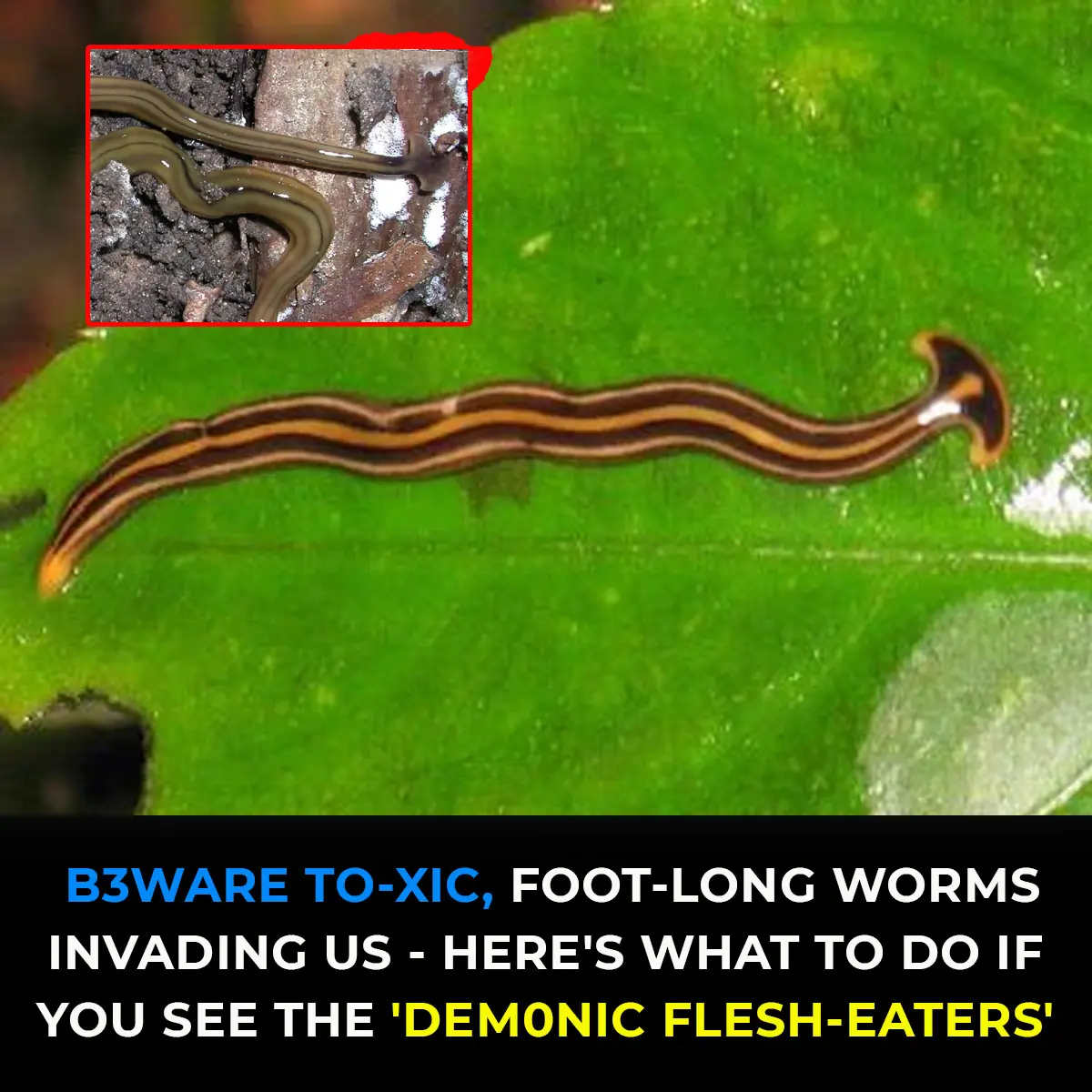
Scientists Discover New Blood Type Only Found In One Woman On Earth Today

A Singular Blood Type That Redefines Human Biology: The Discovery of “Gwada Negative”
Blood is often seen as one of the most universal threads of human life—a vital fluid that nourishes organs, delivers oxygen, and sustains the entire body. It connects us all, coursing through every human being regardless of nationality or background. Yet within this shared biological feature lies a staggering diversity. Beyond the well-known A, B, AB, and O classifications lies a complex system of molecular markers and genetic signatures that influence everything from transfusion compatibility to transplant success. And now, scientists have discovered something truly unprecedented—a new blood type, never before seen in medical history, found in only one person on the planet.
This groundbreaking revelation comes from France, where researchers identified a blood type so rare and genetically distinct that it stands alone in the global registry. The woman who carries it, a native of Guadeloupe in the Caribbean, has what scientists have dubbed “Gwada negative.” Her case challenges the limits of current hematological knowledge and highlights the life-saving importance of continued research into rare blood types and genetic diversity.

Beyond the Basics: The Hidden Complexity of Blood Types
Most people are familiar with the ABO system and the Rh factor—leading to classifications such as A+, B-, AB+, or O-. But these labels represent only a small portion of the vast world of blood biology. In reality, the human body can express dozens of blood group systems. As of today, the International Society of Blood Transfusion officially recognizes 48 distinct blood group systems, each governed by specific genes and associated antigens.
At the core of blood typing are antigens—molecules on the surface of red blood cells—and antibodies in the plasma that react to them. These determine compatibility during transfusions. For instance, someone with type A blood will produce antibodies against B antigens, making a transfusion from a type B donor dangerous. The AB blood type, possessing both A and B antigens and no anti-A or anti-B antibodies, is considered a universal recipient. Meanwhile, O negative blood lacks both A and B antigens and is often called the universal donor.
However, this system isn’t foolproof. Blood compatibility goes beyond ABO and Rh status. In rare cases, individuals possess mutations that create completely novel antigen profiles. If these rare markers go unrecognized, a transfusion could trigger a severe, even fatal, immune reaction. These unusual blood types are not merely academic curiosities—they have critical, real-world consequences in emergency rooms, operating theaters, and transplant centers around the globe.
An Extraordinary Case: The Woman with ‘Gwada Negative’ Blood
The discovery of “Gwada negative” began over a decade ago in a Paris hospital. In 2011, a woman of Guadeloupean descent was undergoing routine pre-surgical blood testing. Her results puzzled doctors—they simply didn’t match any known blood group pattern. At the time, the tools available couldn’t resolve the anomaly, and the case was shelved.
But in 2019, thanks to advances in genetic sequencing, researchers at the French Blood Establishment (EFS) revisited her sample. This time, they identified something truly novel—a mutation in a gene called PIGZ, which had never before been associated with blood typing. This mutation disrupted the way certain proteins anchored themselves to the surface of red blood cells, fundamentally altering the antigen profile.
The blood group was officially named “Gwada negative”—“Gwada” being a colloquial term for Guadeloupe. According to lead biologist Thierry Peyrard, the name was chosen not only for its geographical relevance but also because it was linguistically easy to adopt across languages. This seemingly small detail underscores a deeper truth: medical discoveries are not just scientific—they are also human stories, tied to identity, culture, and individuality.
The recognition of “Gwada negative” as a new blood group added another entry to the growing list of classified systems. It also highlighted France’s leading role in blood science: the EFS has discovered 10 of the last 17 newly recognized blood group systems worldwide.

The Medical Risks of Being Truly One-of-a-Kind
While the discovery marks a major scientific achievement, it also raises sobering medical realities. The woman who possesses this unique blood type faces extraordinary vulnerability. In any situation requiring a blood transfusion, there is no known compatible donor—not even the universally accepted O negative blood would be safe.
“She is the only person in the world who can donate blood to herself,” researchers explained. This presents an enormous challenge in emergency medicine. If she were to suffer trauma, undergo surgery, or develop a condition requiring transfusion, the consequences could be fatal due to incompatibility with all standard donor blood.
To protect her, doctors have explored autologous donation—collecting and storing her own blood in case of future need. However, this solution is limited by the short shelf life of red blood cells, typically around 35 to 42 days. Long-term storage requires cryopreservation using special freezing techniques, which are expensive and not widely available outside of specialized facilities.
Her case forces the medical world to confront uncomfortable questions: How do we prepare for patients with ultra-rare blood types? Should we invest in storing rare blood proactively, even if only one person may ever need it? What ethical frameworks should guide these decisions?

A Genetic Clue: How the PIGZ Mutation Changed Everything
The key to this mystery lies in the PIGZ gene, which plays a role in synthesizing GPI (glycosylphosphatidylinositol) anchors. These molecular structures help attach specific proteins to the surface of red blood cells. In most people, these anchors ensure that the right antigens appear on cell surfaces, aiding in communication with the immune system.
In the woman with Gwada negative blood, the PIGZ mutation caused a failure in this process. As a result, the usual markers that define blood groups were missing or misconfigured, making her blood impossible to categorize using traditional methods.
This anomaly doesn’t just have implications for transfusions. It opens new avenues for research into how genetic variation affects immune response, susceptibility to certain diseases, and even compatibility in organ transplants. It also highlights how much of our biological landscape remains unmapped—especially in populations underrepresented in biomedical research.
Importantly, this mutation would have gone unnoticed a decade ago. It was only with the advent of next-generation sequencing and more refined diagnostic tools that scientists could finally uncover its role. The case underscores the importance of revisiting unsolved medical cases with modern technology—there may be many more breakthroughs waiting to be found.

Why This Discovery Matters Globally
The case of Gwada negative is more than a medical anomaly—it’s a wake-up call. Around the world, millions of people may carry rare or previously unclassified blood types, particularly in regions underrepresented in genetic and hematological studies. These individuals remain invisible to modern medicine until a crisis arises.
The World Health Organization has long advocated for the inclusion of ethnically diverse populations in medical research, and this discovery reinforces why. Blood type research has historically focused on people of European descent, leaving massive blind spots in our understanding of global blood diversity. Expanding our reach to include people from Africa, the Caribbean, Asia, and Indigenous communities isn’t just good science—it’s a matter of equity and survival.
Additionally, this discovery underscores the need for international donor registries, specialized storage protocols, and cross-border collaboration. If someone else is ever found with Gwada negative blood, being able to identify and connect those individuals could be lifesaving.

The Deeper Meaning Behind the Science
At its heart, the Gwada negative discovery is a reminder that biology is deeply personal. A single woman unknowingly carried a genetic signature so unique that it rewrote what we thought we knew about human blood. Her story reflects how much mystery still lies within the human body—and how every person might hold keys to scientific progress.
As medicine moves increasingly toward personalization and precision, the case of Gwada negative shows us what’s possible when cutting-edge science meets individual care. Blood may be universal, but its secrets are still being uncovered—one drop at a time.
News in the same category

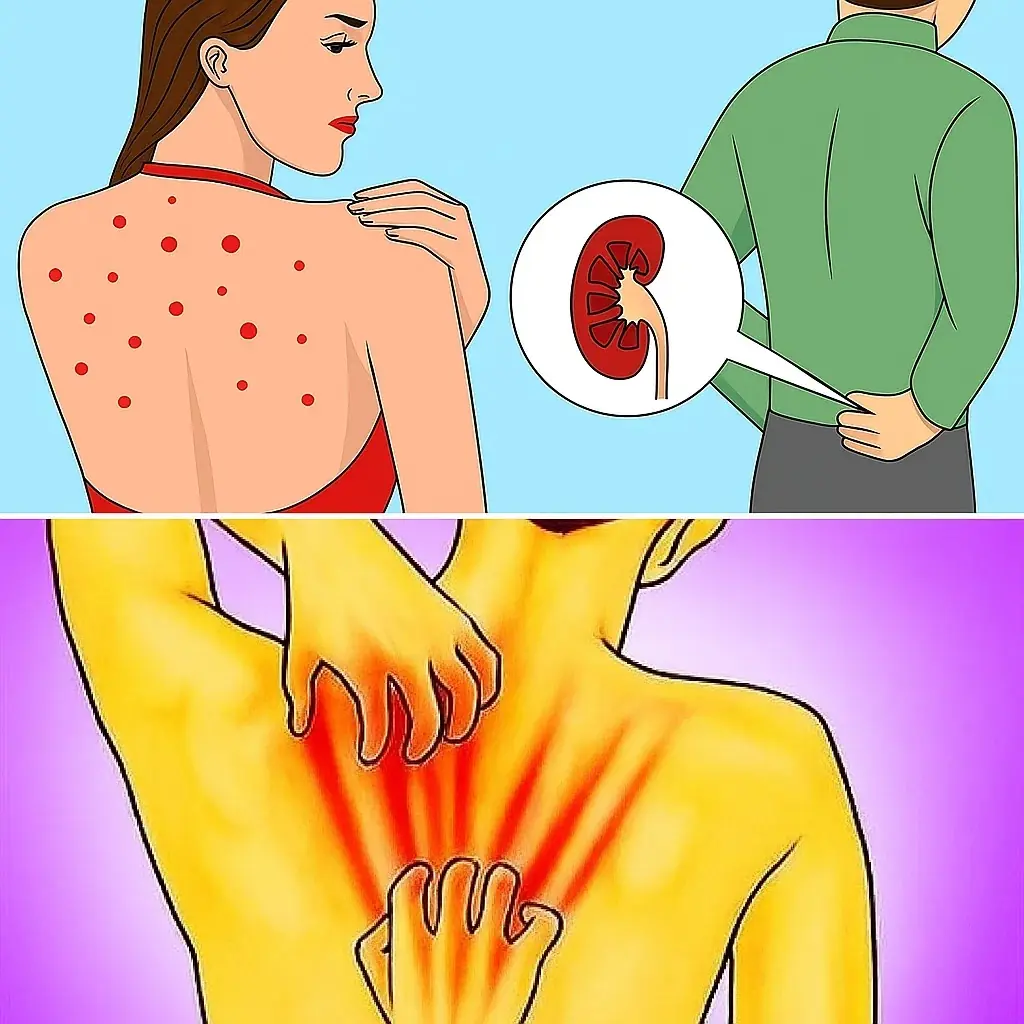
10 Warning Signs Your Kidneys May Be in Serious Danger
Your kidneys quietly work around the clock to keep your body in balance, but when they start to fail, the symptoms can be subtle and easily overlooked. Spotting these early warning signs could save your health—and even your life.

What You See First In This Weird Optical Illusion Reveals What Kind Of Lover You Are
Optical illusions can do more than just play tricks on your mind — they can reveal hidden aspects of your personality, including how you express love. In this unique test, the first image you notice will uncover your deepest romantic traits and the way

Beekeeper Sets Bees Loose on Police That Pulled Him Over for Traffic Stop

The ‘World’s D3adliest Food’ K!lls 200 People Annually — Yet 500 Million Still Can’t Resist It
Every year, this claims over 200 lives worldwide, yet nearly half a billion people still rely on it as a daily food source. Experts warn that without proper preparation, this staple crop can turn d:eadly due to its natural cyanide content.

The Hidden Meaning Behind Women's Leg-crossing — It’s More Than Just Comfort
The Hidden Meaning Behind Leg-Crossing — Body Language Secrets, Health Risks, and What It Really Says About You.

Say Goodbye to Fillings Soon? Scientists Just Grew Real Human Teeth In a Lab That Could Replace Fillings Forever
What if your body could suddenly remember an ability it lost thousands of years ago - the power to grow an entirely new tooth?

The Chilling Truth About Why No Human Remains Were Found in the Titanic Wreck
More than 110 years after the Titanic sank, scientists have revealed the chilling reason no human remains were ever found in its wreckage. Resting 12,000 feet below the Atlantic, the site tells a silent story of how nature claimed the victims in its own w

9 Chilling Stories of Third Man Syndrome: When an Unseen Presence Aided Survival in Disasters

I Was Shamed for Being a Single Mom at My Sister’s Baby Shower — Then My 9-Year-Old Son Silenced the Room with a Letter

9-Year-Old Boy Whispered “Daddy, I’m so tired!” and Didn’t Wake Up Again

What Is the Shark Fin on Cars?

Extreme levels of damage has been discovered on trees near cell phone towers
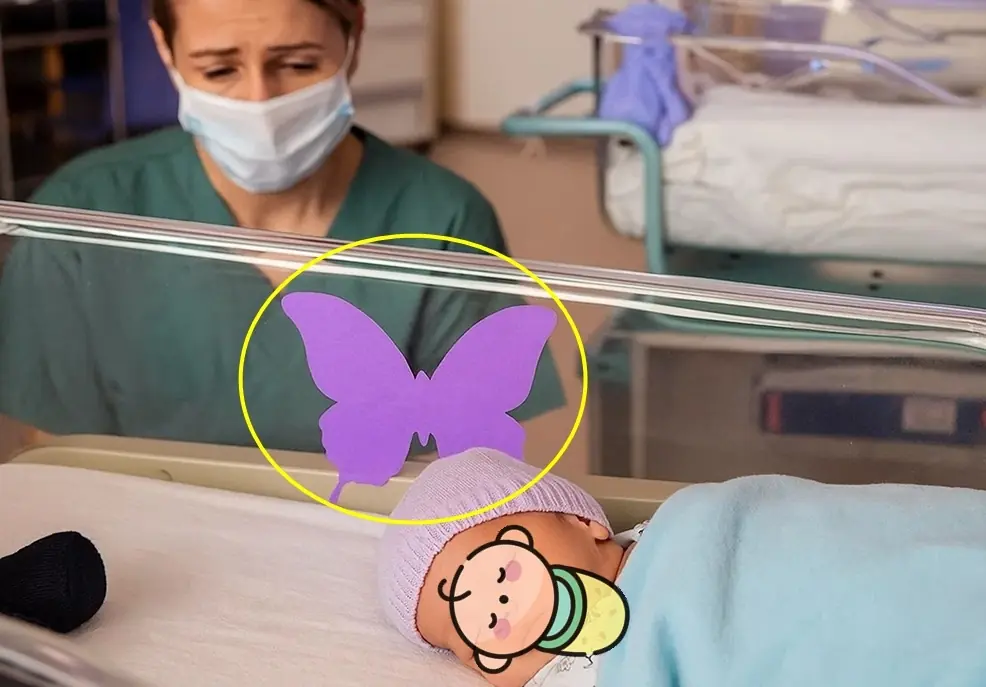
If You Notice a Purple Butterfly Sticker by a Newborn’s Bed—Here’s the Silent Tragedy Behind It
It's not just a decorative element. It's a symbol.

If You See A Woman Wearing A Wedding Ring On Her Pinky Finger Here’s What It Means
If you see a woman wearing a wedding ring or statement ring on her pinky, know that there’s likely a story behind it.

Here Are 5 Reasons Why Some Men Prefer Slim Women
Slimness might be appealing to some men for reasons ranging from health to aesthetics, but personality, kindness, intelligence, and emotional compatibility often matter far more in the long run.

Doctors Explain The Chilling Sound A Person Makes That Means They Have Less Than 24 Hours To Live
Understanding what the sound signifies — and knowing that the individual is not suffering — can provide comfort in an otherwise heartbreaking moment.

“I Di3d for 6 Minutes and Saw the Afterlife — What I Witnessed Still Haunts Me”
A guy has described the eerie sights he says he seen in paradise after he ‘died’ for six minutes as a child.
News Post
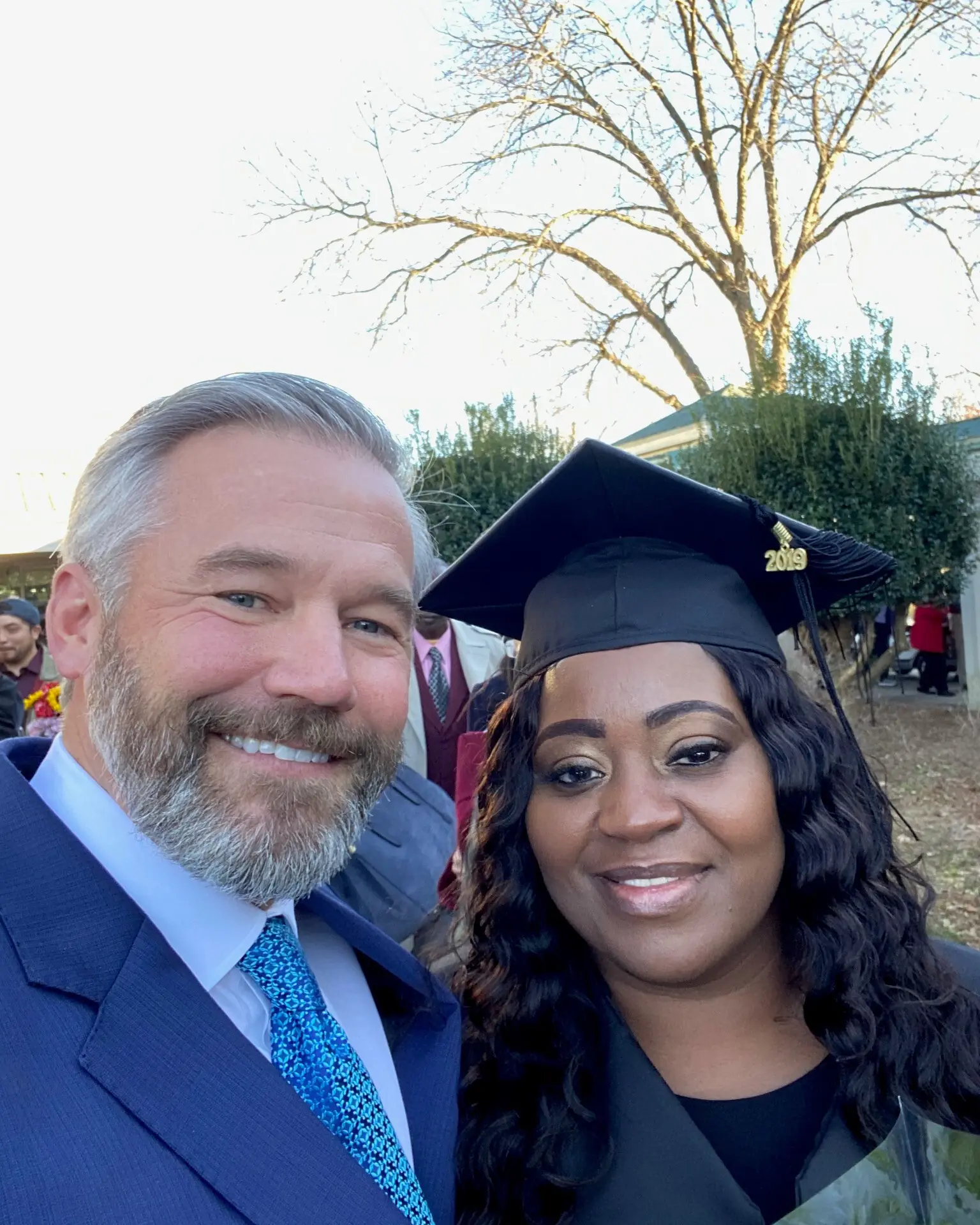
A Late-Night Uber Ride That Changed a Life.

The Only Thing My Late Dad Left Me Was a Rusty Key, and I Thought It Was a Joke Until My Cousin Offered Me $10,000 for It – Story of the Day

You Should Never Ignore These 9 Things Your Fingernails Reveal About Your Health

Scientists Warn Foot-Long “Demonic Flesh-Eating” Worms Are Invading The U.S.—Here’s What To Do

Officials Warn Tourists As Giant Toxic Jellyfish Washes Ashore At Popular Beach

When Nighttime Leg Cramps Become a Concern
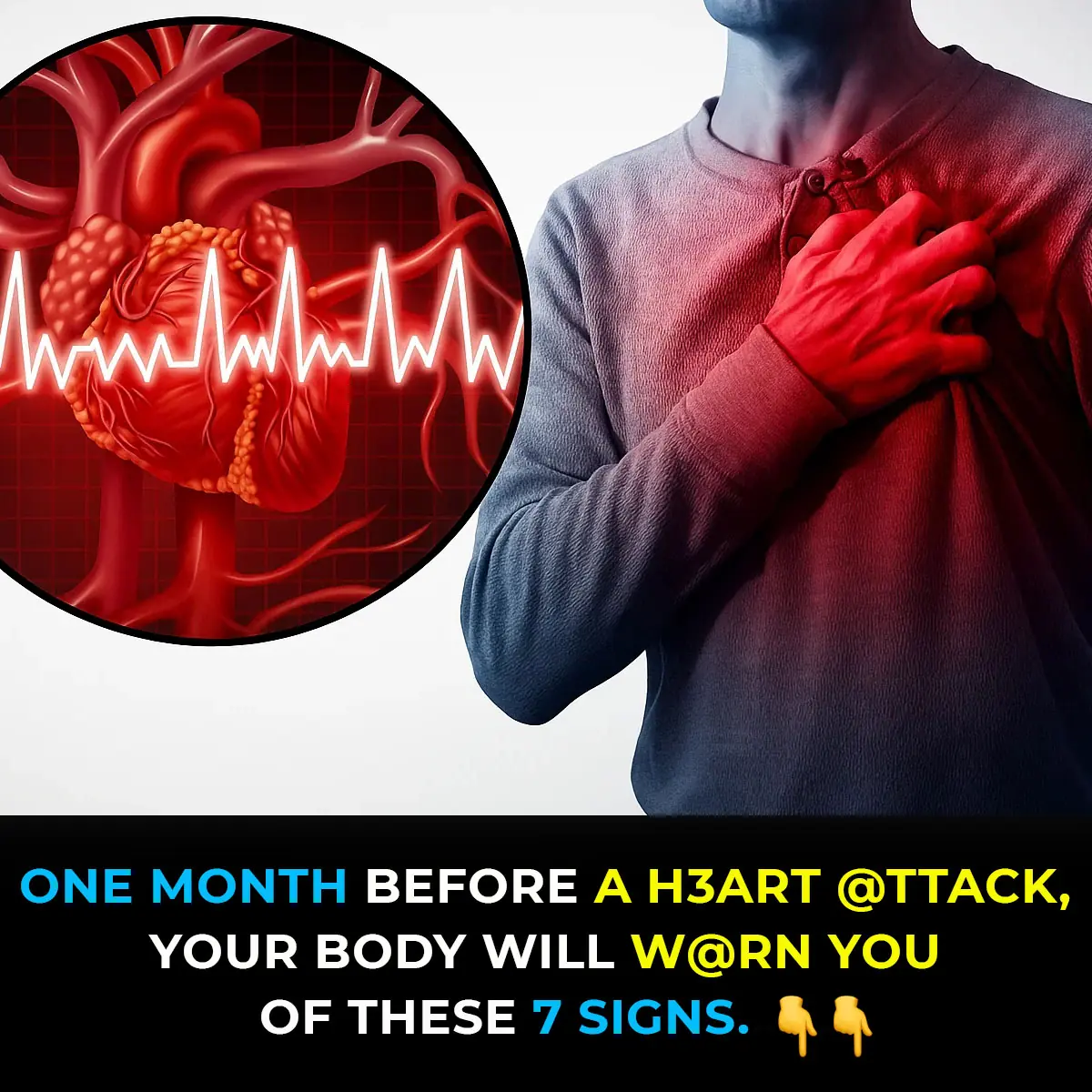
One Month Before A Heart Attack, Your Body Will Warn You Of These 7 Signs

Coca‑Cola Fires Back After Trump Claims He Switched The Coke Recipe

Researchers Sound Alarm Over Surge In Anal Cancer And High-Risk Populations

5 Things Doctors Say You Should Never Give Your Kids to Help Prevent C@ncer

6 Powerful Castor Oil Benefits for Your Health and Wellness

A Wild Kingfisher, Three Generations, and the Unspoken Language of Love.

More Than a Win: The True Victory of the Cooma North Boys.

Moment two AI agents realise they're talking to another AI and switch to their own bizarre language

Woman earns hundreds every day just by sitting in New Yorker's cars

My Husband Threw Away the Chicken I Cooked Saying 'You'll Thank Me Later' – When I Found Out Why, I Filed for Divorce

The Ride That Changed Everything.

My Sister Brought My Ex to My Wedding and I Was Stunned, but Then Her Speech Changed Everything – Story of the Day

10 Warning Signs Your Kidneys May Be in Serious Danger
Your kidneys quietly work around the clock to keep your body in balance, but when they start to fail, the symptoms can be subtle and easily overlooked. Spotting these early warning signs could save your health—and even your life.
